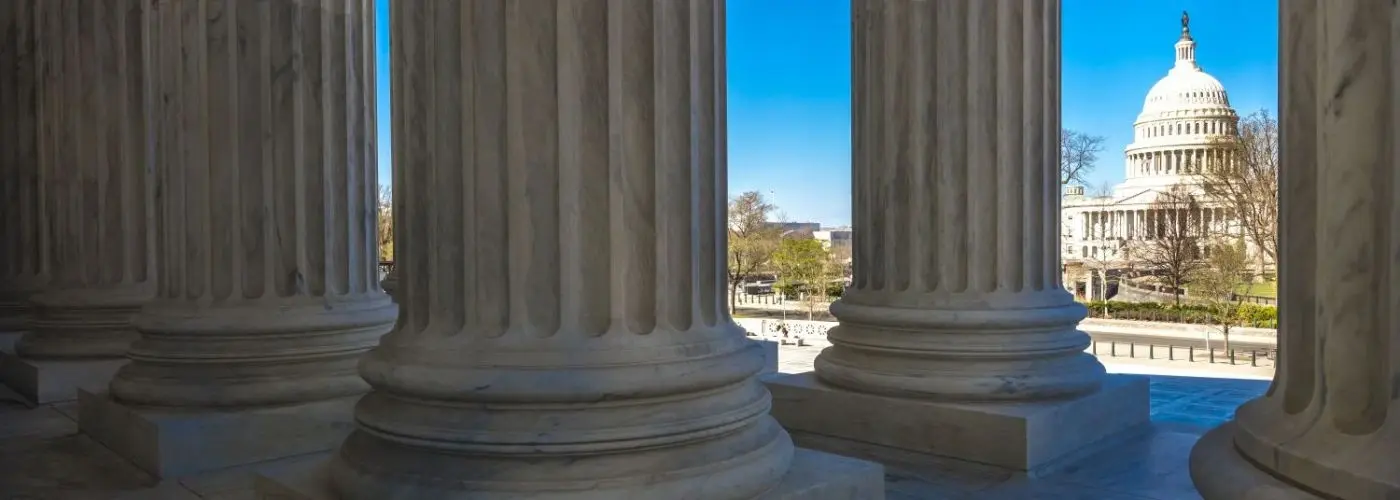The Right to Due Process Applies to All Individuals Within the United States, Without Regard to Citizenship.
A growing number of people have been repeating the statement that “the United States Constitution does not require due process before the government deprives non-citizens of their liberty.” That statement is simply not accurate.
There are provisions of the US Constitution that are written to constrain government action against all people (regardless of whether those people are US citizens). The Fifth and Fourteenth Amendments are two such examples.
The Right to Due Process Under the Fifth Amendment
“No person shall be held to answer for a capital, or otherwise infamous crime, unless on a presentment or indictment of a Grand Jury, except in cases arising in the land or naval forces, or in the Militia, when in actual service in time of War or public danger; nor shall any person be subject for the same offence to be twice put in jeopardy of life or limb; nor shall be compelled in any criminal case to be a witness against himself, nor be deprived of life, liberty, or property, without due process of law; nor shall private property be taken for public use, without just compensation.”
“NO PERSON . . . SHALL BE . . . DEPRIVED OF LIFE, LIBERTY, OR PROPERTY WITHOUT DUE PROCESS OF LAW.”
The Right to Due Process Under the Fourteenth Amendment
Section 1
“All persons born or naturalized in the United States, and subject to the jurisdiction thereof, are citizens of the United States and of the State wherein they reside. No State shall make or enforce any law which shall abridge the privileges or immunities of citizens of the United States; nor shall any State deprive any person of life, liberty, or property, without due process of law; nor deny to any person within its jurisdiction the equal protection of the laws.”
“NOR SHALL ANY STATE DEPRIVE ANY PERSON OF LIFE, LIBERTY, OR PROPERTY WITHOUT DUE PROCESS OF THE LAW.”
The Supreme Court Has Held That the Right to Due Process Applies to All People in the United States - Even Aliens Here Unlawfully.
The United States Supreme Court has consistently held that the right to due process as outlined in the Fifth and Fourteenth Amendments apply to all individuals within the United States, regardless of their citizenship. See Plyer v Doe, 457 U.S. 202 (1982), and Wong Wing v Unites States, 163 U.S. 202 (1953) holding:
Whatever his status under the immigration laws, an alien is surely a “person” in any ordinary sense of that term. Aliens, even aliens whose presence in this country is unlawful, have long been recognized as “persons” guaranteed due process of law by the Fifth and Fourteenth Amendments.
That is still the controlling law in the United States today.





